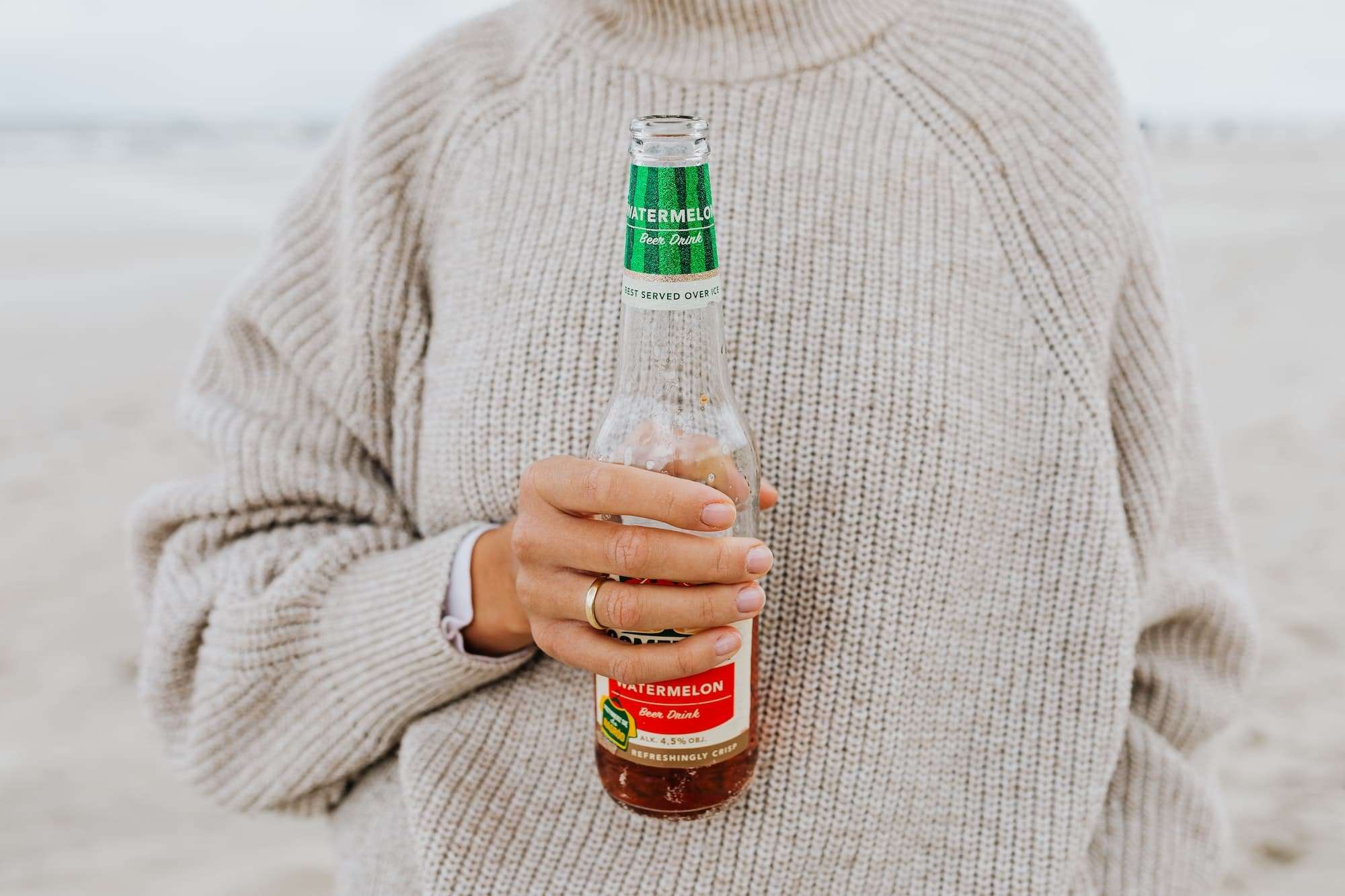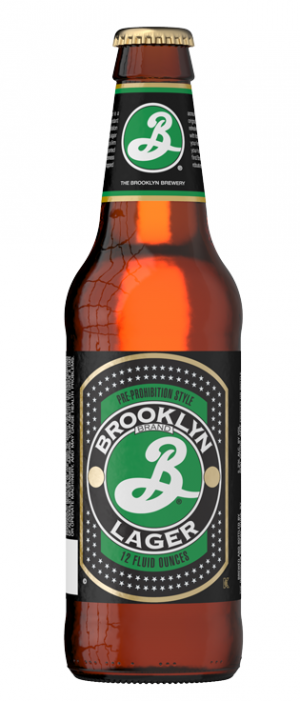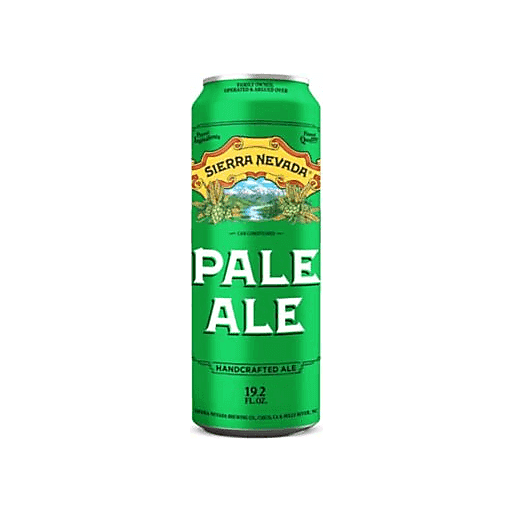Save and savor the planet by cracking open a cold one of these sustainable craft beers.
Did you know that the average brewery uses between three to seven gallons of water to make one gallon of beer? The environmental impacts of beer production don’t stop there. From the cultivation of crops and the energy needed to make it to its transportation footprint — your favorite lager or ale could be taking a toll on the environment.
But that doesn’t mean that you have to give up beer altogether. You can still save the planet, one pint at a time, by cracking open a can of a sustainable craft beer.
Sustainable craft beer
The global craft beer industry is booming. According to research firm Statista, it accounted for nearly a quarter of the total U.S. retail beer market in 2021. And it’s only projected to get bigger.
Unlike large breweries — think Heineken, Budweiser, and Coors — craft brewing companies, or microbreweries, produce small amounts of beer at a time. (Brewers are considered small if they produce six million barrels of beer or less per year, according to the Brewers Association. To put this into perspective, Heineken produced 186 million barrels of beer in 2020 alone.)
Craft beer companies, which are usually independently owned, tend to place a higher value on the ingredients and brewing techniques used to make their batches. But just because they’re smaller, doesn’t mean that they have less of an impact on the planet.
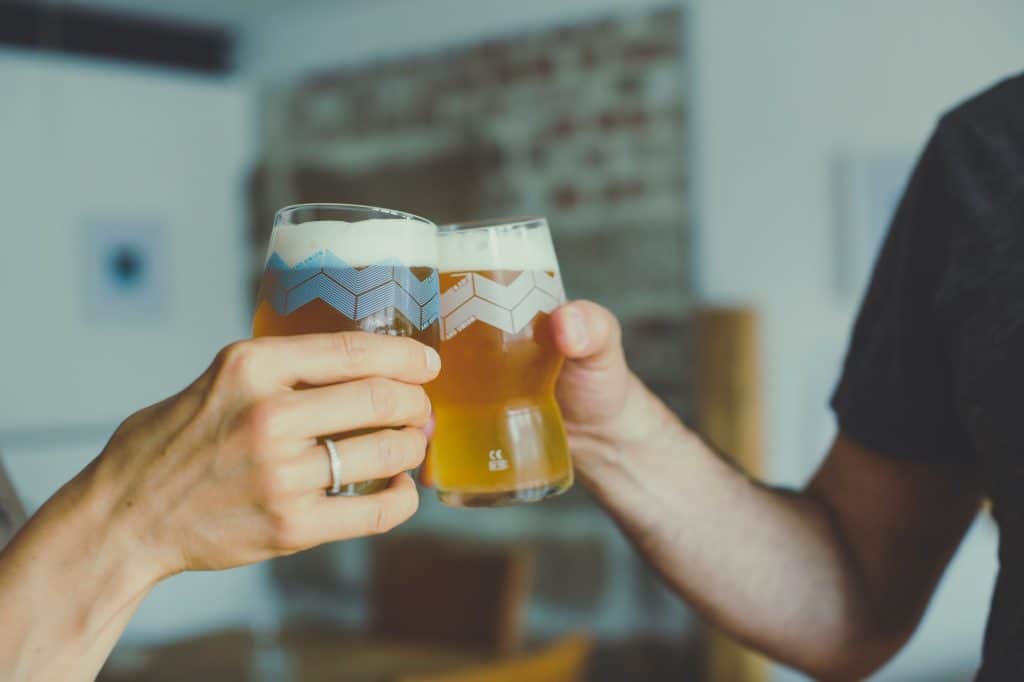
“The larger brewers, from an environmental sustainability perspective, in general, outperform craft brewers,” explained Barry Ness, an associate professor at the Lund University Centre for Sustainability Studies. “They’re producing fewer product types and have very efficient systems.”
But a number of craft brewing companies (and macro breweries, too) are working to reduce their environmental footprint, from installing solar panels to reducing water consumption. And this move may produce better beer sales considering consumers are willing to pay more for sustainably brewed beer, according to a 2018 study by Indiana University.
“The takeaway for the brewing industry is that it is financially feasible to introduce energy-saving practices into the brewing process,” said Sanya Carley, lead author of the study and an associate professor of Indiana University’s O’Neill School of Public and Environmental Affairs “Even if it ends up adding costs, more than half of all beer consumers are willing to absorb those extra costs.”
Craft beer manufacturers can also leverage technology to keep their operating costs, improve the efficiency of their processes, and, ultimately, their impact on the environment. For example, you can boost brewery efficiency with Ollie’s platform to cut business costs, allowing you to channel part of those resources toward sustainable production.
Sustainable craft beer brands to try
Ready to crack open a cold one? Drink responsibly with these sustainable, vegan craft beers.
1. Brooklyn Brewery
This New York-based brewer is well known for its award-winning, local favorite: the Brooklyn Lager. Not a fan of alcohol? This craft beer company even has non-alcoholic varieties, including the Special Effects Hoppy Amber, which features the same “flavors, aromas, and character” of traditional beer. In 2013, the company founded its Green Team, which works to create sustainable initiatives, including using 100 percent renewable energy via wind turbines. To date, Brooklyn Brewery has planted 375 acres of trees to help offset its carbon footprint.
2. Sierra Nevada Brewing Co.
Another California brewer, this company has been churning out beer since the ‘80s. They even have a tasty selection of hard kombuchas. Committed to sustainability across its supply chain, the company invested in anaerobic digesters, which captures methane so that it can be reused, and relies on solar energy. Even more, the company is virtually waste-free, diverting 99.8 percent of its solid waste from landfills.
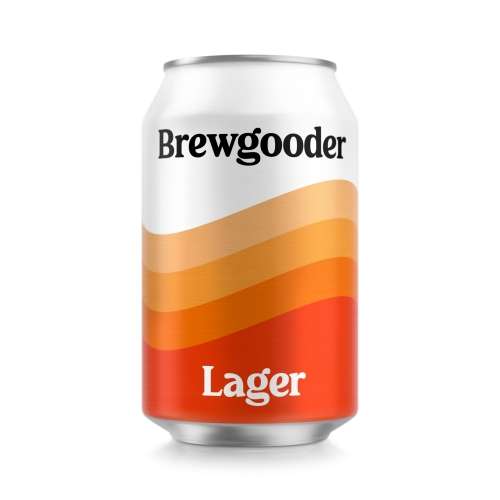
3. Brewgooder
Founded in 2016, this UK-based brand carries everything from a zesty lager to a fruity pale ale and its new citrusy, Hazy IPA. Through its mission of “Brewed on Purpose,” the B Corp certified company has funded more than 140 projects to get clean water to people in need in Malawi, Africa.
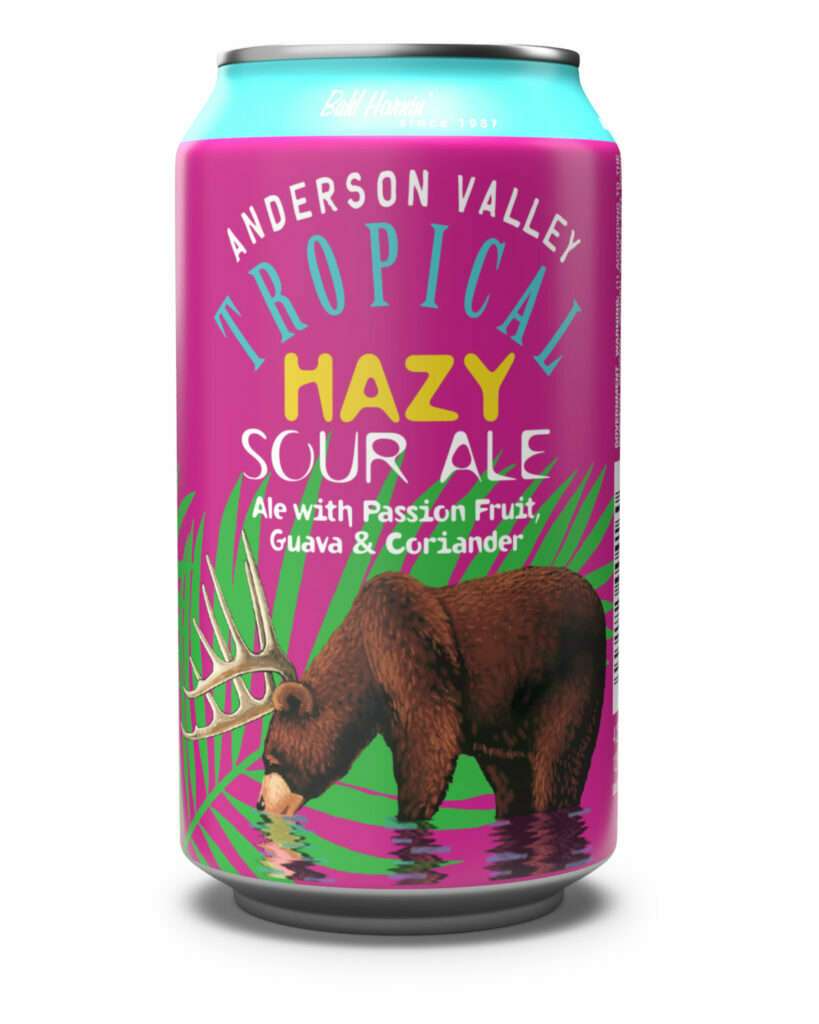
4. Anderson Valley Brewing Company
For more than three decades, this Booneville, California-based brewing company “has been hand-crafting authentic ales and lagers with balance, complexity, and a passion for sustainable brewing practices.” The brewer runs on 40 percent solar energy, reuses 100 percent of its wastewater, and donates spent grains and hops. Try a classic Boont Amber Ale or opt for a can of the tart and refreshing Tropical Hazy Sour Ale.
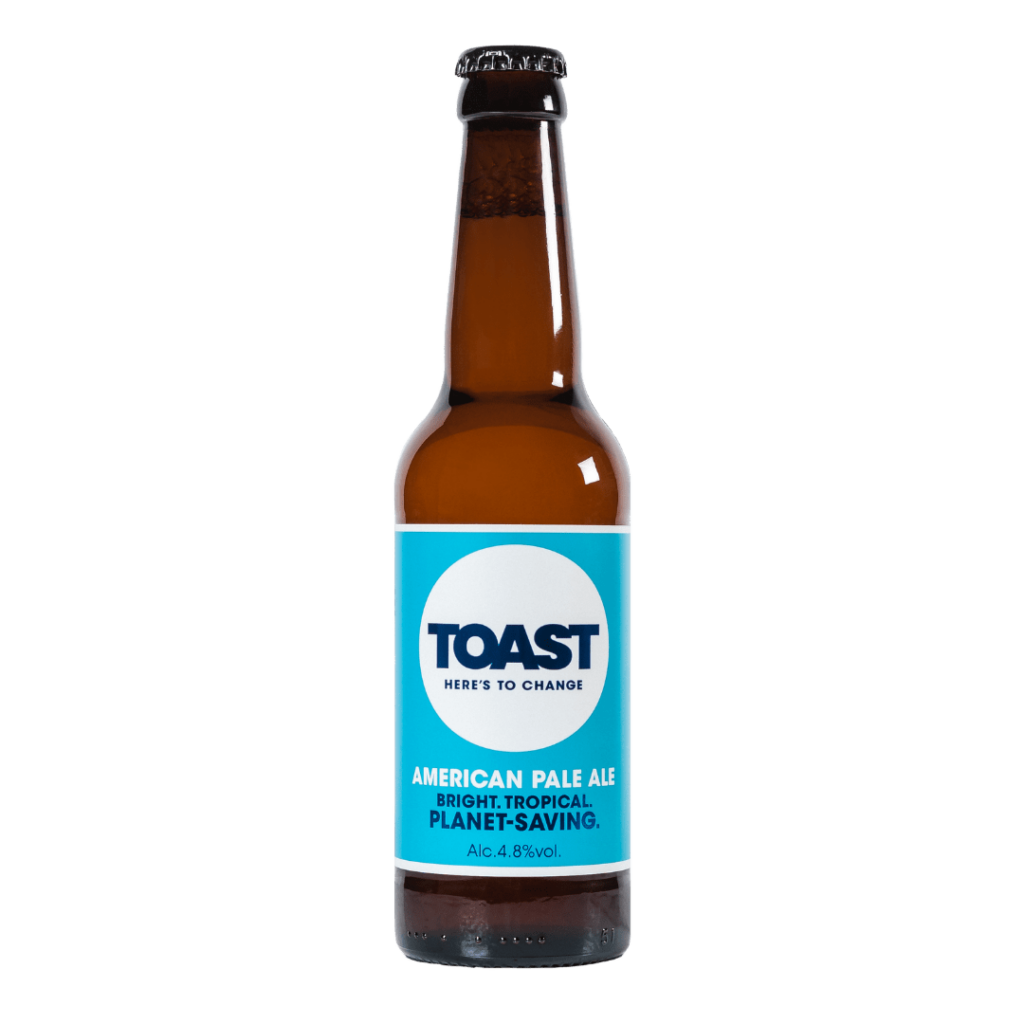
5. Toast Ale
Want to save the planet? Try a glass of beer made from food waste. In lieu of barley, this UK-based brand makes its brews from leftover bread sourced from local restaurants and other businesses. This has helped the company to save more than 309,000 liters of water and 49 tons of carbon from entering the atmosphere.
Looking for more options to drink responsibly? Check out Ethos’ guide to beer, wine, and spirits made from food waste.
Related on Ethos:

